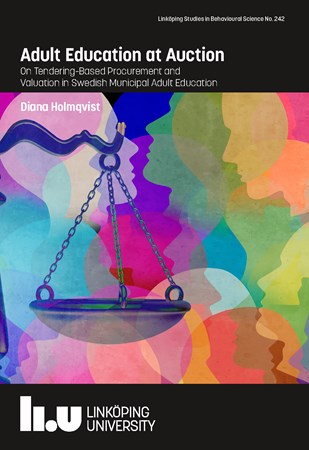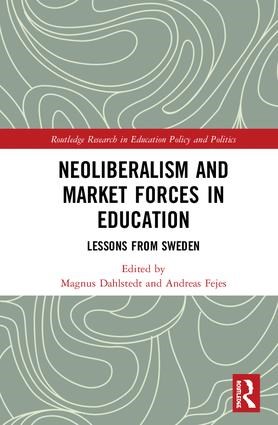Although the procurement process is limited in time, the outcome is decisive for teachers as well as for students. If a provider loses in the next procurement process, they might have to close down or reduce the number of employees. Thus, the conditions for work and for study are rather unstable. A lost contract means in many cases that a teacher has to look for another job, or that the student must continue their studies with another educational provider. The short-term contracts of usually two years contribute further to insecure conditions.
Further, this system does not revolve around the students’ free choice. Here, each Swedish municipality owns the right and responsibility to decide what courses should be available to students, where students should study and who has priority in getting in. Possibilities to choose are often limited for the adult student. .
The aim of our project is to investigate and analyze how the organization of adult education, through a tendering based procurement system might influence teachers’ work and profession. We conduct our research through ethnographic work in two municipalities with varied grades of procurement in MAE. We follow the work of teaching within both public as well as private providers.
Funding: Linköping University





